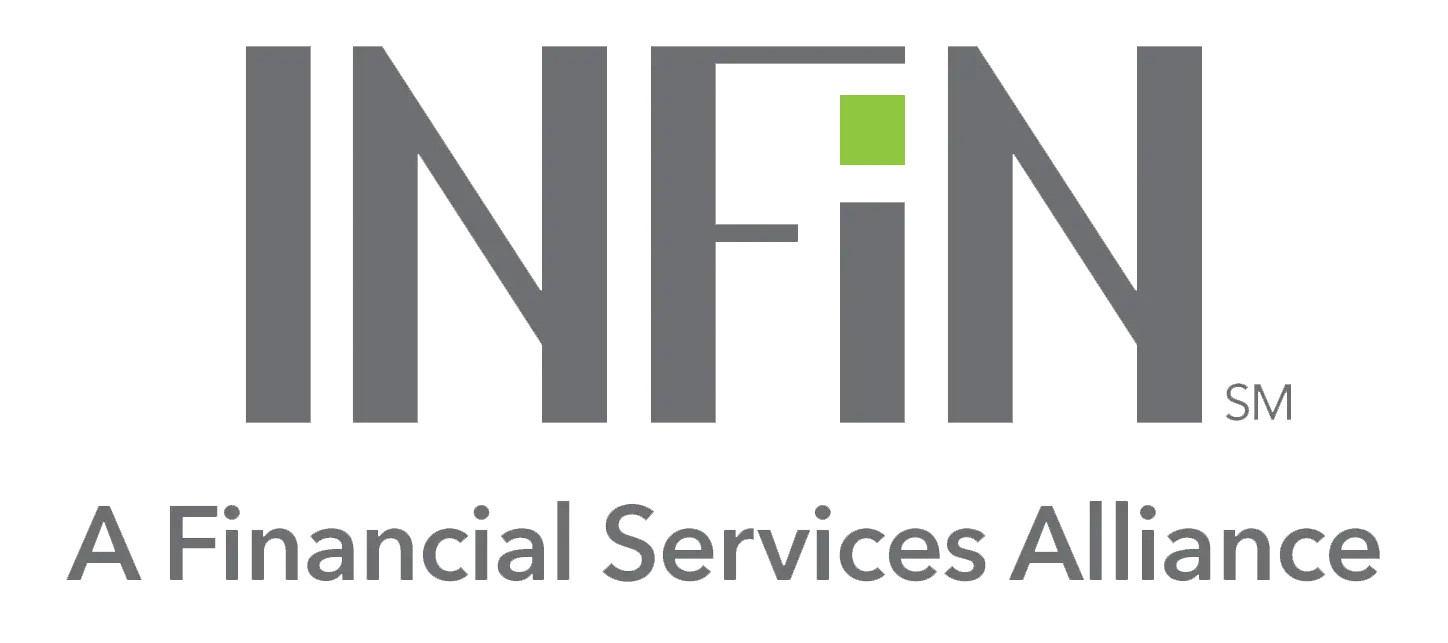A Glossary Of Investing Terms

If you’ve been itching to get started with investing but don’t know where to begin, you’re not alone. Investing is a great way to grow your money over time so you have funds available when you need them.
Investing can help provide a future with more security and independence by boosting your income. Today, we are going to be discussing the fundamentals of investing.
Basic Investing Terms
When it comes to investing, there are a lot of terms you need to know to make informed decisions. Here are a few important terms to know:
Asset– anything that has economic value and can be owned or invested in. An example of an asset could be a stock that you own.
Liability– a financial liability is money you owe. This can be a loan or credit card debt.
Equity– the value of an asset after subtracting any outstanding liabilities.
Portfolio– a collection of assets. This can include things such as stocks, bonds, and cash.
Risk– the potential for financial loss on an investment.
Return– the amount of money earned from investing.
Diversification– the practice of investing in a variety of assets to reduce risk.
Diving Deeper into Investing
Stocks
Stocks are one of the most common investment terms. Buying a stock means you own a part of that company, and that you are a shareholder in the company. In the end, you are entitled to a part of the company’s profits or losses– depending on how many stocks you have in it.
Bonds
Bonds are a low-risk investment, making them suitable for new investors. Bonds are loans made from the investor (you) to businesses, governments, and localities. When you have a bond, you will receive an interest payment from those who are using the money. Bond prices move with interest rates. Therefore, when interest rates are low, their value increases because there’s more demand for them.
Mutual funds
Mutual funds are a great investment option for most investors. Mutual funds pool capital from many sources such as stocks, bonds, etc. A mutual fund allows individual investors to invest in a variety of companies.
ETFs (Exchange Traded Funds)
An exchange-traded fund is an investment fund that tracks stocks, bonds, or commodities. ETFs are traded on stock exchanges, and they offer investors a way to diversify their portfolios without having to buy individual assets.
ETFs are much like mutual funds, yet they have some key differences. For example, they often have lower fees than mutual funds and can be traded throughout the day. They tend to be more tax-efficient than mutual funds.
Capital Gain/Loss
When referring to investments, capital gain is when you sell something for more than you paid for it. A capital loss is when you sell something for lower than the price you bought it for.
We hope you have found this glossary of financial terms helpful. There are many different types of investments, and each has its own advantages and disadvantages. When deciding which type of investment is right for you, it’s important to consider your financial goals, risk tolerance, and time horizon.




